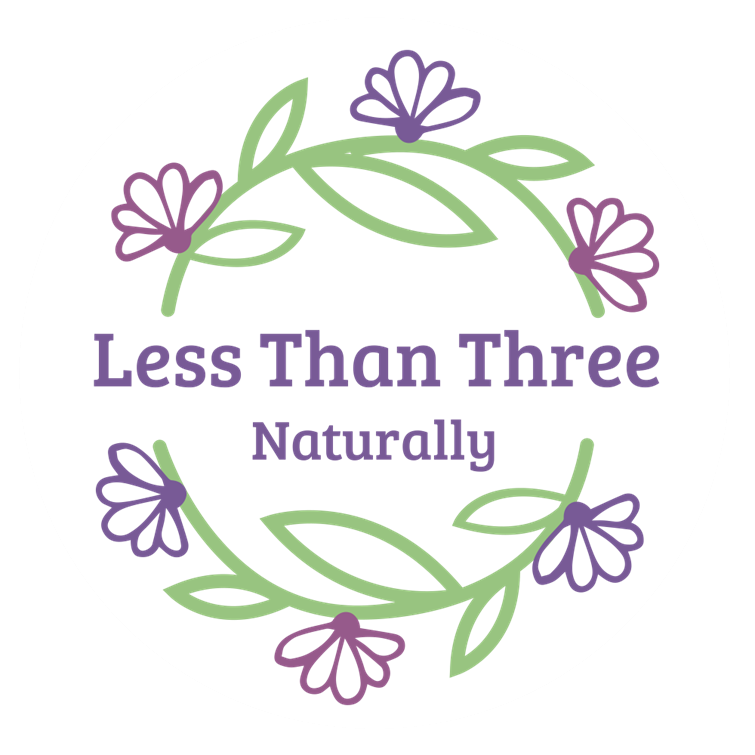
Organic, all-natural, certified organic, non-GMO, there are many words that are used in marketing and advertising and they make it confusing to know what you are really buying.
Organic farming is a method of agriculture and livestock production that aims to use naturally occurring substances while strictly limiting those that are synthetic.
Produce labeled ‘organic’ implies that the inputs to farming, including soil management, pesticides and genetic engineering, are controlled. This is to the benefit of biological diversity, soil fertility and the environment as a whole.
Organic farming creates a considerable positive impact. The guidelines on organic farming do not have influence on socially or environmentally focussed practices from an overall perspective. Keep an eye out for a post about sustainable farming where we explore this further.
What is the difference between certified organic and organic?
Certified organic products have gone through a process of certification by a third party to guarantee the integrity and purity of the product. As there is no singular regulatory body in Australia, there are seven certification companies that have been approved by the Australian Quarantine and Inspection Service (AQIS):
Australian Certified Organic (ACO)National Association for Sustainable Agriculture, Australia (NASAA)
AUS-QUAL Limited (Aus-Qual)
Bio-Dynamic Research Institute (Demeter)
Organic Food Chain (OFC)
Safe Food Production Queensland (SFPQ)
Tasmanian Organic-dynamic Producers (TOP)
Australian Certified Organic (ACO) means that the product has been tested and approved by the ACO certification body, which guarantees the organic integrity of organic food products.
Australian Certified Organic is not just “chemical free” in that the product is grown without the use of synthetic chemicals, insecticides, fumigants, herbicides, fungicides, fertilisers or GMO’s.
While the ACCC demands that brands substantiate organic claims, companies do not have to be officially certified to label their products as “organic”. Standards Australia is looking to make it easier for consumers to identify what products are really organic.
Organic ingredients can offer higher levels of nutrients. Researchers have found that plants can boost their production of phytochemicals to strengthen their resistance to bugs and weeds when faced with fewer pesticides.
References:
Aco.net.au. (2018). Australian Certified organic standards. [online] Available at: https://www.aco.net.au/Pages/Operators/ACOStandards.aspx [Accessed 30 Jan. 2022].
Difference Between Organic vs Australia Certified Organic | Terra Madre. [ONLINE] Available at: https://www.terramadre.com.au/…/difference-between…. [Accessed 21 June 2022].
